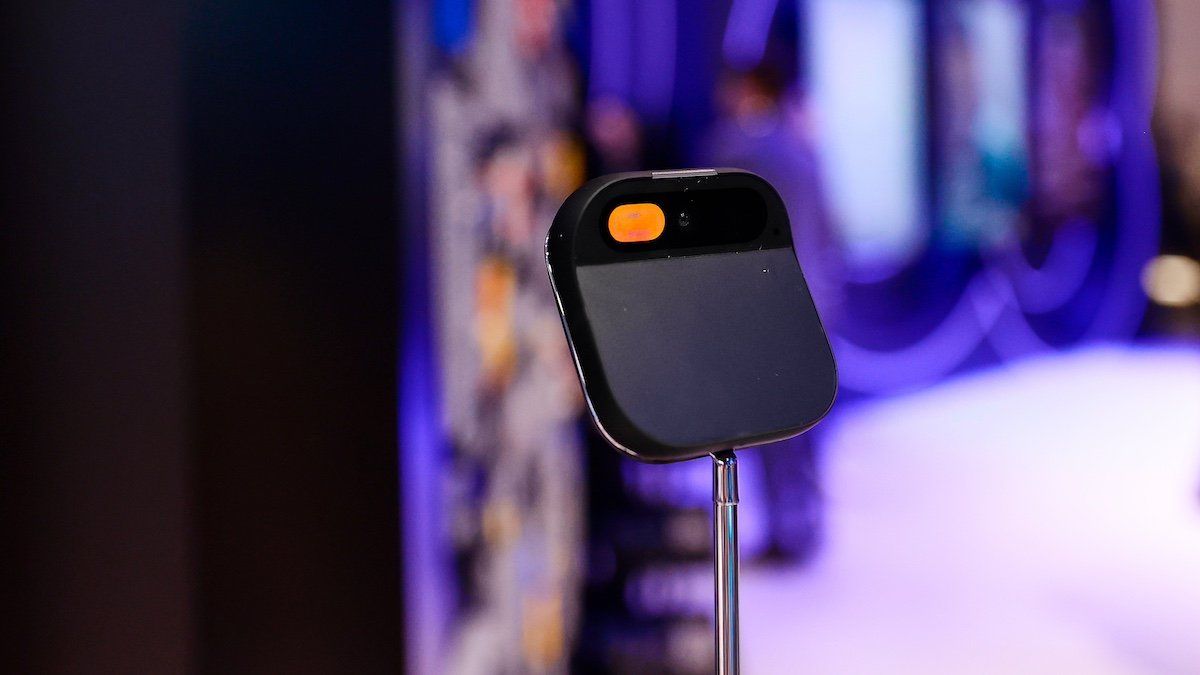Most AI companies are focused on software (such as chatbots and voice-cloning applications), or infrastructure (chips, cloud hosting, and data centers). The ones that have tried to build an iPhone for the AI age have … not delivered.
That makes sense. Smartphones, laptops, and tablets handle most of our digital needs. What else do we want in a platform? Aside from smartwatches and wireless headphones, people aren’t too interested in wearing tech.
The first two big hardware launches of the post-ChatGPT era have been panned. We've already written about the disastrous reviews for the Humane pin, and now, another device, the Rabbit R1, is getting only marginally better reviews.
The Verge called it “unfinished” because it can’t carry out promised simple tasks like creating spreadsheets and sending emails. It said it’s best understood as a companion to a smartphone, but phones don’t need friends. Ars Technica was less generous: “A completely non-viable device that doesn't solve any real problems.”
OpenAI’s Sam Altman recently remarked that we probably don’t need a standalone device for AI, though he has reportedly discussed hardware development with famed former Apple designer Jony Ive. Altman has his own interests here: He wants his ChatGPT and DALL-E programs to live wherever is most accessible to users. But if people do want to integrate generative AI into their daily lives — an open question — they probably want to do it without buying a new device.